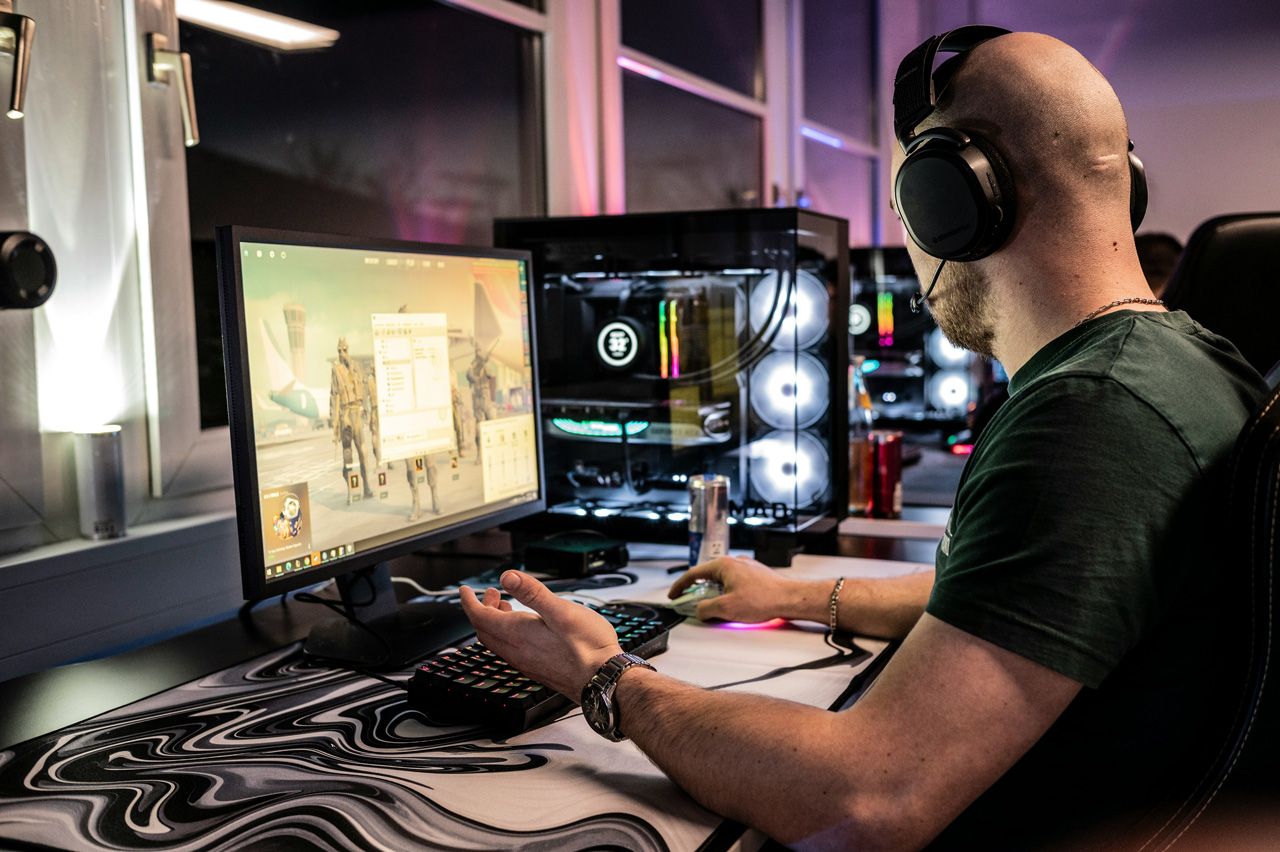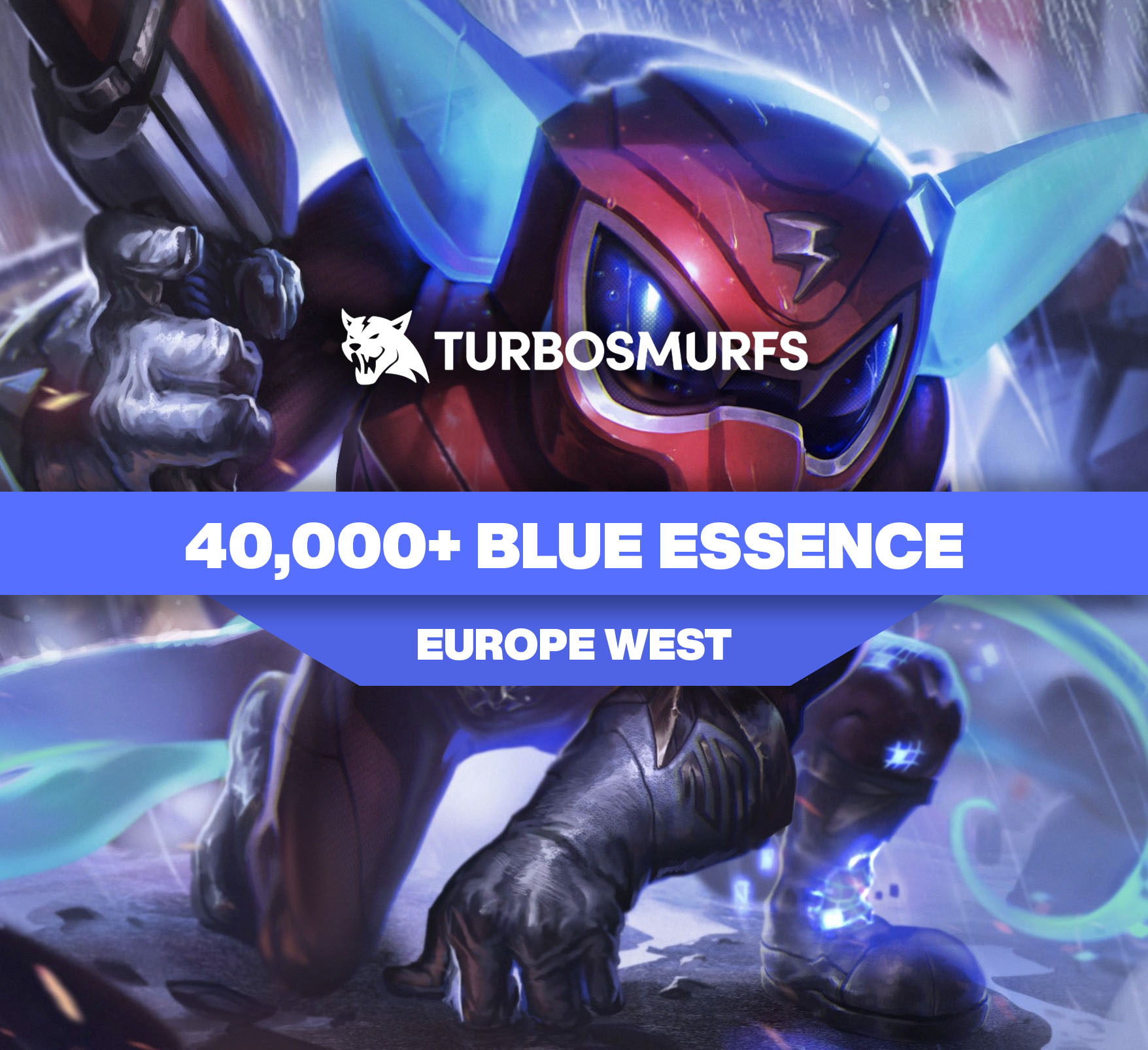
Why Competitive Gaming Is More About Strategy Than Luck
A conversation that has been spoken and debated about is, when it comes to the fast-paced world of competitive gaming among players, fans, and even those who are uncertain, is success determined by luck or by skill and strategy? From a random critical hit in a shooter to a shuffled deck in a card game, every game involves a touch of chance.
The separation between champions and the rest is not luck but the ability to think, adapt, and strategize. A lot like chess or professional sports, competitive gaming is an art that requires anticipation, preparation, and mental agility. Mastering patterns, timing, and teamwork is demanded in esports titles, indicating that success is not determined by fate but rather foresight. As the global esports industry continues to grow, it is clear that victory belongs to those who prepare, investigate tactics, and execute with precision.
Skill-Based Play - The Foundation Needed
A structured set of rules lies at the core of any competitive game, where a player is rewarded for precision, consistency, and deep understanding. When looking at League of Legends or Counter-Strike 2, thousands of hours are spent by players honing reflexes, memorizing maps, studying opponents, and refining tactics. The difference between casual play and professional-level gaming is defined by rigorous preparation.
These games contrast sharply with games of luck and skill, such as online pokies for Australians, which are games of chance, offering exciting themes, bonus features, and an opportunity to claim massive payouts with a low wager per spin. The outcomes of these games are governed by random number generators, rather than skill or decision-making.
With competitive gaming, when it comes to luck, the only thing that matters is the kind you make for yourself, through experience, planning, and discipline. A single moment might occasionally be influenced by chance, such as a lucky spawn, a mistimed attack, or an unexpected bounce; the players with the best preparation are the ones who consistently rise to the top. In this digital arena, strategy drives success, not serendipity.
How Is Gaming Psychological - Playing Mind Games
When looking at strategy in gaming, it is not limited to mechanical skill, rather it extends into the psychological arena. Professional players compete in the minds of their opponents, not only on-screen, where they anticipate patterns, feints, and emotional reactions. For example, in Valorant or Overwatch 2, baiting an opponent into revealing their position or overcommitting to a play is a strategic masterstroke. These mind games resemble poker’s bluffing dynamics, although the information and timing windows are even tighter.
Adaptability Is Vital - Having The Skill to Adjust Strategies
Being adaptable is another critical mental attribute. Strategies are adjusted mid-match by the best players, as they recognize that no two opponents, or games, are ever identical. The teams that fall short on adapting, no matter how talented, often crumble against the smarter, more flexible foes. More vital than technical skill are mental endurance and emotional control. At the end of the day, winning is more about outthinking and maneuvering ideas and not relying on chance.
Three Important Factors: Analytics
When looking at modern competitive gaming, it is deeply analytical, where professional teams employ coaches and data analysts who sift through gameplay footage, track movement tendencies, and calculate statistical probabilities.
Three Important Factors: Game Sense
Gaming has been transformed into a science by this data-driven approach. Game sense is now being studied by players, and an intuitive understanding of flow, rhythm, and probability in their chosen title. Enemy rotations are predicted, respawn timings are anticipated, and risk is calculated versus the reward in real time.
Three Important Factors: Data
A casual observer would look at this strategy as instinct, however it is actually the result of pattern recognition, which has been developed through thousands of hours of gameplay.
For instance, in one of the most strategically demanding esports ever, StarCraft II, players track resource management, opponent build orders, and map control simultaneously, where each action per minute is a small piece of the larger plan. Those who win are the ones who manage their information and execution more efficiently, winning is not about chance. Competitive gaming resembles high-level chess far more than it does roulette.
Team Dynamics And Communication
When looking at competitive titles, teamwork is paramount, where games such as Dota 2, Rainbow Six Siege, or Apex Legends heavily rely on communication, coordination, and trust. An entire team can lose a match by one player’s misstep, while when players are synchronized, defeat can turn into an amazing victory.
The captains of the team often act like field generals, where they are managing strategy, making split-second calls, and adapting to evolving situations. Real-world leadership and sports coaching are mirrored by this practice. A strategic weapon is created when there is synergy between teammates, which allows well-drilled squads to dismantle the more individually skilled opponents through sheer organization and timing.
Teamwork ensures sustainable success, whereas luck may grant a momentary advantage. Championships are rarely won by “lucky play", however, cohesive execution is. In team-based esports, every victory is a product of hours of communication drills, role assignments, and shared situational awareness.
Why Strategy Engages Viewers - From Skill To Spectacle
Spectators are captivated by strategic brilliance, more so than random chance. Watching a pro gamer execute a flawless plan, or predict an opponent’s next move shows the depth of intellect involved in the game. The human element is what makes esports so compelling: the tension, the decision-making, and the triumph of preparation over uncertainty. What keeps viewers coming back is the respect they have for intelligence, more so than luck.
Conclusion
At the end of the day, competitive gaming, at its heart, is a celebration of human strategy, not random fortune. All the clicks, moves, and calls are the outcome of hours of practice, deep understanding, and split-second decision-making.
Where luck might on an odd occasion tip the scales, strategy ensures consistent victory. Whether a game is played solo or as a team, discipline, communication, and intellect are rewarded by esports, where elite gamers rise through their ability to think smarter and act faster.
Competitive gaming is not a gamble, it is a mind sport indicating intelligence, foresight, and teamwork, which shape champions.

